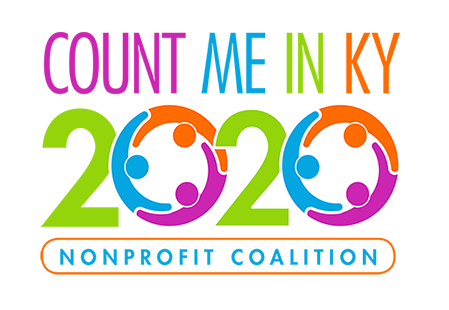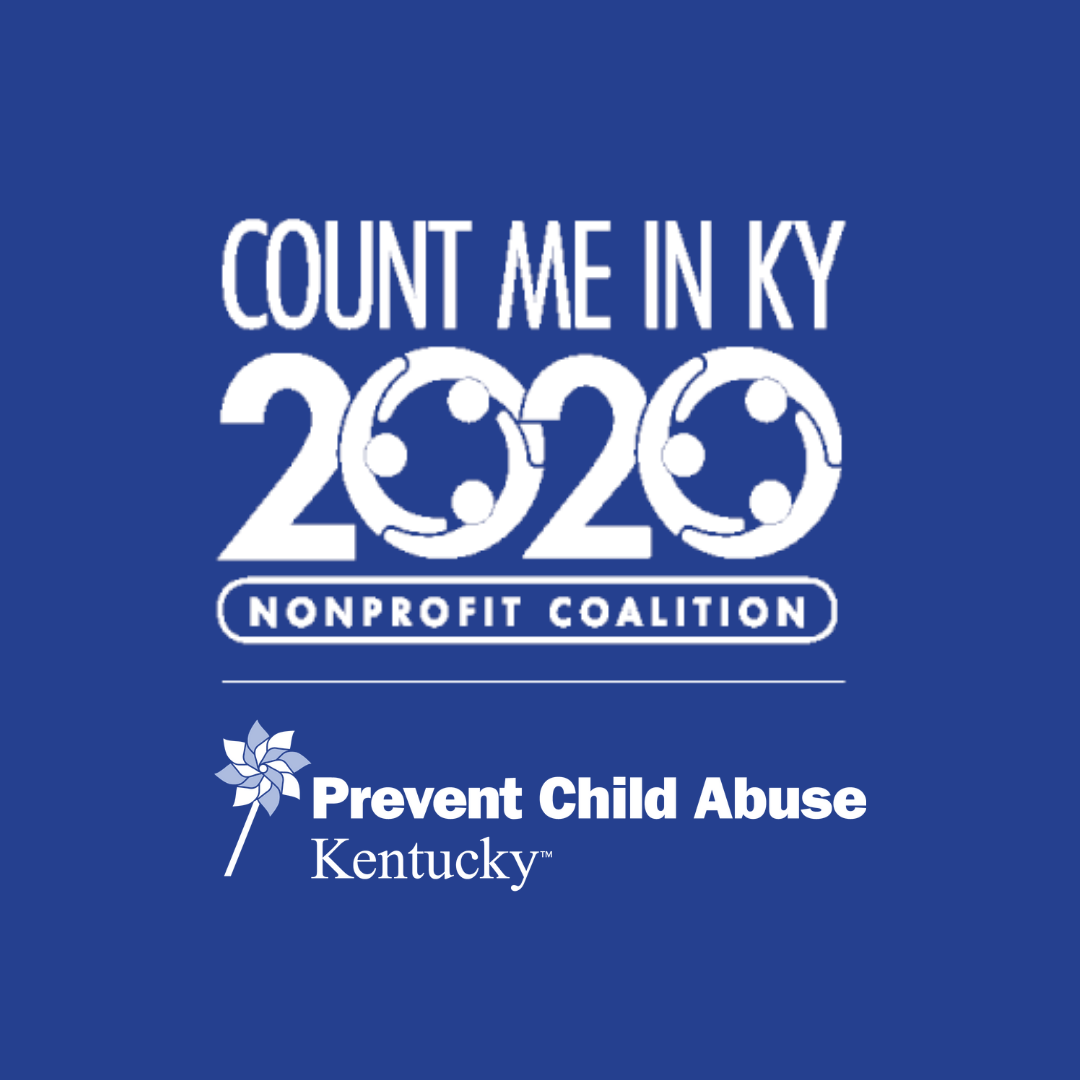The coronavirus pandemic has provided a number of lessons for us as individuals, as community members, and as a country. We’ve learned serious lessons like what social distancing is and how to practice it, as well as lighter lessons like how much toilet paper our families use in a month. Another lesson that has become increasingly clear to us: how much the decennial census permeates the institutions, programs, and services we rely on, especially the most vulnerable among us.
Hopefully you’ve heard about the decennial census, which is a constitutionally required count of every resident in the U.S. that takes place every 10 years. While the census was originally created in order to determine how many seats each state gets in the U.S. House of Representatives, the census is now used for so much more, including how $1.5 trillion is allocated each year to state and local governments, nonprofits, businesses, and households across the nation.
That includes funding for public health coverage (Medicare, Medicaid, and the Children’s Health Insurance Program) and healthcare (through grants to hospitals and clinics)—which are always important, but even more crucial during a crisis like this. It also includes funding for food assistance like WIC, SNAP, and school lunch programs, which many school districts are now making available to families through pick-up sites so students don’t go hungry during school closures.
College students who spent time in the foster care system? States can use federal funding to help find alternative housing for those being evacuated from college dorms with no family to go home to. That funding is based on census data. And the list goes on and on….

In fact, there are more than 300 federal funding streams that use census data to determine how that $1.5 trillion is divided up, but Kentucky doesn’t get its fair share of the pie if the census data is incorrect because thousands of residents weren’t counted. We know young children are missed the most: at least 12,500 Kentucky children under age 5 were missed in the 2010 census. This undercount cost our state more than $12 million every year in funding from just five of the many federal programs critical to child well-being. An inaccurate count of young children is a mistake that lasts 10 years – most of their childhood.
There are two simple steps each of us can take right now to ensure every Kentuckian gets counted:
1) Make sure your household responds to the 2020 census as soon as you get invited (and count all babies and children living there), and
2) Spread the word to your relatives, friends, neighbors and coworkers it is important their households also participate.
Completing the census is quick, safe, and easy to do from the comfort of your own home.
When your household receives its invitation (by the end of this week), it will take only 10 minutes to respond online (my2020census.gov) or by phone in one of 13 languages. Your census answers are private and NOT shared with anyone – not law enforcement, not immigration agencies, not landlords, and not public benefits offices. Any current or former Census Bureau employee that releases individual data can go to prison for up to five years or pay a fine of up to $250,000.
For more information on the 2020 census visit countmeinky2020.com or 2020census.gov. Let’s get counted Kentucky!


